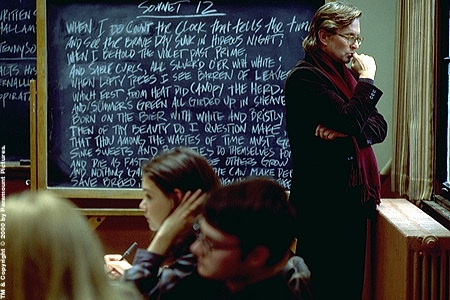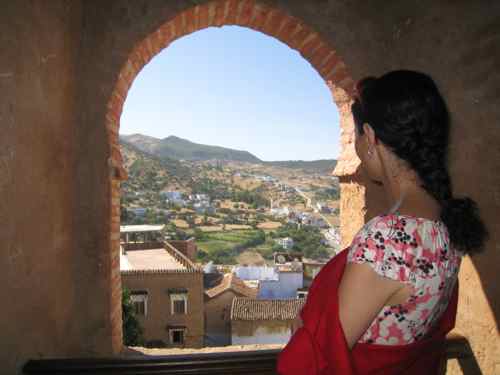News


Just in time for the World Cup, Les Editions Jean-Claude Lattès have released a new anthology called Enfants de la Balle. Edited by Abdourahman Waberi, the volume features short stories on football by writers from across Africa, including Anouar Benmalek, Alain Mabanckou, Wilfried N’Sonde, Jamal Mahjoub, Ananda Devi—and me. You can read some early reviews in L’Express, Slate, and France Culture.
If the World Cup isn’t really your thing, perhaps you might be interested in The Secret Miracle, a handbook of tips and guidelines edited by Daniel Alarcón. I suspect that Daniel got the title for the book from the famed short story by Jorge-Luis Borges, but I’m not sure. I do remember, though, that when he asked me to contribute something, he explained that he didn’t want to do a “how-to” book. Instead, this anthology collects various answers given by a diverse group of writers about their writing habits. Here’s a review in the SF Chronicle.

The letter came in the mail a few weeks ago, though I completely forgot to mention it on the blog: I am now officially tenured at the University of California.
The amount of paperwork that was required for this was greater than what was asked of me by the INS, and, trust me, that’s saying something. So the overwhelming emotion I felt when I heard the news was relief. I was starting to feel like a character in a campus novel.
Photo credit: Screen capture from the film adaptation of Michael Chabon’s Wonder Boys.
I returned from Ann Arbor full of awe and admiration for my friend Khaled Mattawa. Over the three days of the Rawi conference, he managed to take part in two panels, one on translating Arabic poetry and one on style, welcome each participant, handle numerous logistical details, and contribute to several discussions of literature, culture, and politics. And he still had energy left to dance with us on Saturday night! He has done so much for the community and for that I am thankful. I also want to thank Deema Shehabi, Lutfi Hussein, Sahar Mustafa, Debbie Najor, Steven Salaita, Evelyn Alsultany, Kate Middleton, and David Ward, for all their work in putting the meeting together. You are all amazing.

This picture was taken last summer in the Qasbah of Chaouen, in northern Morocco. It makes me smile because it looks like a postcard, which is I think what my husband was going for here. This summer, however, will not be leisurely at all. I’m working on my new book and hoping to make enough progress on it before classes resume. But I wanted to pop back in here to let you all know that Rawi, the association of Arab American writers, will hold its third annual conference later this week. I will be participating in a panel with Nouri Gana, Carol Bardenstein, Carol Fadda-Conrey, and Pauline Homsi-Vinson on Friday morning, on the theme of “The Transnational in Contemporary Arab-American Literature.” Then, on Friday evening, I will be doing a reading with Hisham Matar and Marilyn Nelson. (Details on my Events page.) The full list of participants can be found on Rawi’s website. I hope to see some of you there. And, for those of you who have succumbed to the latest Satanic invention, I’ll also post some updates on Twitter.

Earlier this morning, BP said that it was “cautiously optimistic” that the 37-day oil spill in the Gulf of Mexico has been plugged. As for me, I feel a bit like this dragonfly: helpless against what has happened, helpless against BP’s might, helpless against our useless government.
Photo: AP/Gerald Herbert. From the Boston Globe‘s The Big Picture series.




